When your car battery is running low, one of the quickest fixes people think of is simply driving the car to recharge it. While this can work, many factors come into play when determining how long it takes for a car battery to charge from driving. In this blog, we’ll explore how car batteries charge while driving, the factors that influence charging time, and what you can do if driving isn’t enough.
How Car Batteries Charge While Driving
Alternator Role
The alternator plays a key role in charging your car battery while the engine is running. It’s responsible for converting mechanical energy into electrical energy, which powers the car’s electrical systems and recharges the battery. As long as your car’s engine is on, the alternator will continually work to replenish the battery. However, the speed and efficiency of this process depend on several factors.
Electrical Systems
Your car’s electrical system is a major component of the battery charging process. When you start your car, the battery provides the initial surge of electricity to power the starter motor. Once the car is running, the alternator takes over, generating the power needed for the vehicle’s electrical functions and sending extra power back to the battery for recharging.
But here’s the catch—if you’re using a lot of electrical features (like headlights, air conditioning, or the stereo), some of the alternator’s power is diverted away from the battery, reducing how much can be stored. This is one reason why some batteries charge faster than others, even if the driving conditions are the same.
Factors Affecting Charging Time
Battery Condition
The condition of your battery is one of the biggest factors that influence charging time. If your battery is relatively new and in good shape, it will charge faster compared to an older or weakened battery. Over time, car batteries lose their capacity to hold a charge effectively. In these cases, no matter how much you drive, the battery won’t charge as efficiently and might require a replacement. If your battery is old and needs frequent charging, it could be a sign that it’s near the end of its lifespan.
Driving Conditions
Another major factor that affects how long it takes to charge a car battery from driving is the type of driving you’re doing. Highway driving at steady speeds is ideal for charging your battery because the alternator operates at full efficiency. On the other hand, city driving, with its frequent stops and starts, doesn’t give the alternator enough time to fully charge the battery. As a result, driving long distances on highways can recharge your battery more effectively than short, stop-and-go trips around town.
Electrical Load
As mentioned earlier, the use of electrical components in your vehicle can slow down the battery charging process. If you have the air conditioning, headlights, windshield wipers, or radio running, your car’s electrical system diverts some power away from the battery. This results in a slower recharge rate. To charge your battery faster, it’s best to limit the use of these features during your drive.
Average Time to Recharge a Battery
Idle vs. Driving
It’s important to note the difference between charging your car battery while idling and while driving. When your car is idling, the alternator isn’t running at full capacity, which means the battery will charge very slowly. In contrast, when you’re driving, especially at highway speeds, the alternator can operate at its full potential, leading to a faster charge.
General Estimation
So, how long does it take? If your battery is partially drained, it usually takes a few hours of driving to recharge it fully. On average, you can expect about 30 minutes to 1 hour of highway driving to give the battery a significant charge. If you’re driving in the city or making short trips, it could take several hours or more to recharge the battery to full capacity. However, keep in mind that these estimates vary based on battery condition, electrical load, and driving habits.
Why You Might Need Professional Help
Signs of Deeper Issues
If your battery isn’t holding a charge even after extended driving, there could be a deeper issue at play. It could be a sign that the battery is too old, damaged, or that there’s a problem with the alternator itself. Additionally, corroded terminals or a faulty charging system can prevent your battery from recharging properly, no matter how much you drive.
Jump-Starting Isn’t Always the Solution
Many people think a quick jump-start will solve all battery issues, but this is often only a temporary fix. While jump-starting can get you back on the road, it doesn’t necessarily recharge the battery fully or fix any underlying issues. If you find that you frequently need to jump-start your car, it’s a sign that the battery needs professional attention.
Conclusion
Driving your car can recharge the battery, but how long it takes depends on several factors, including battery condition, driving conditions, and electrical load. While a few hours of highway driving can help recharge a partially drained battery, older or weaker batteries may require more attention. If you find that your battery isn’t holding a charge, it’s time to seek professional help.
At Express Battery Replacement (XBR), we specialize in battery testing and replacements. Our expert technicians are available 24/7 to provide you with fast and efficient service, whether you need a battery replacement on the road or at home. Don’t risk getting stranded—reach out to XBR today and ensure your battery is in top condition!



